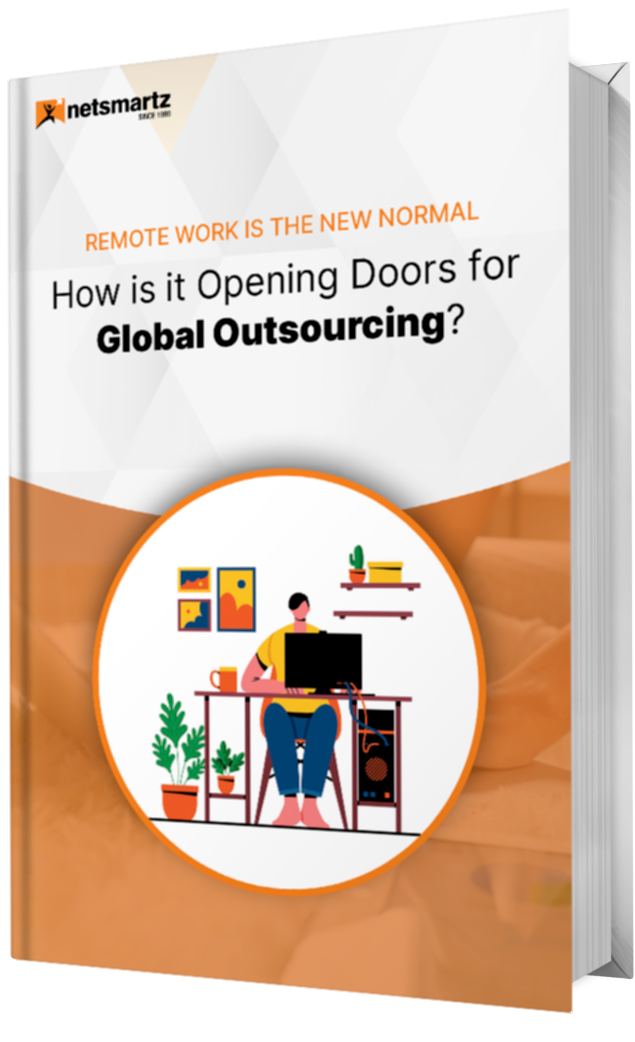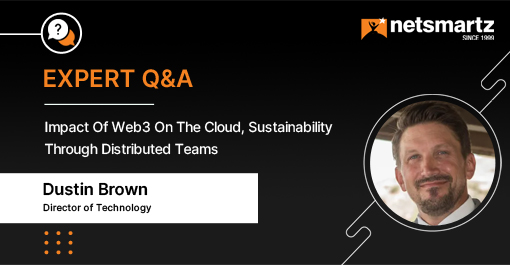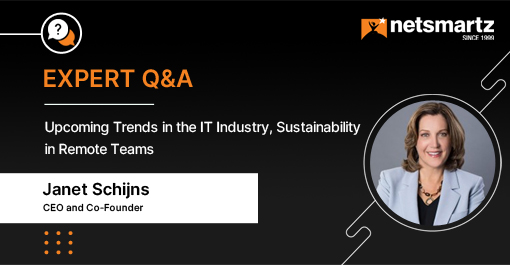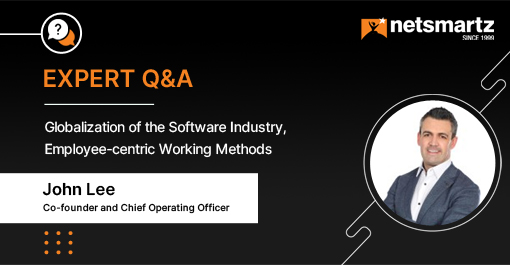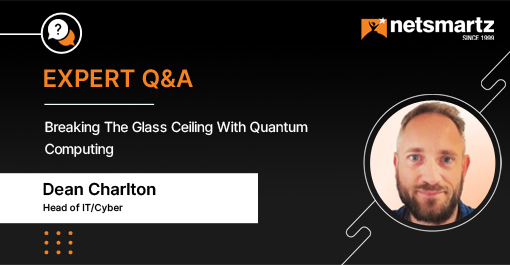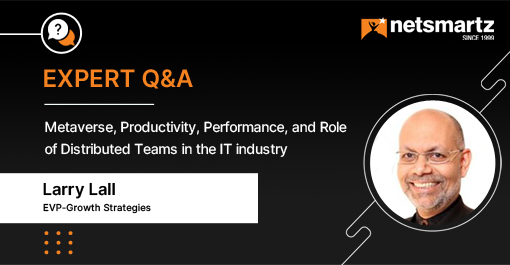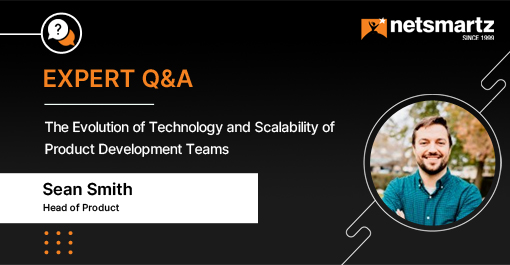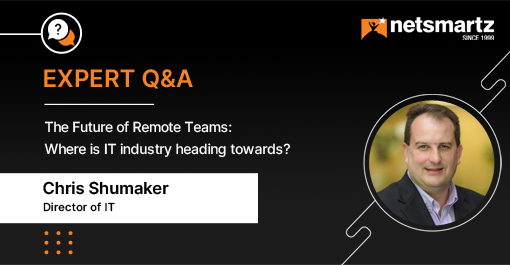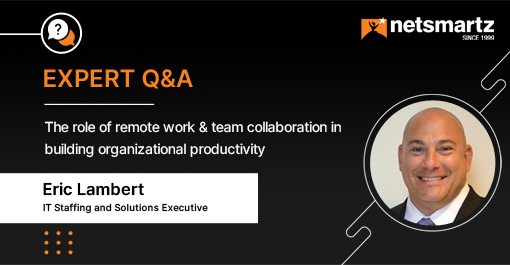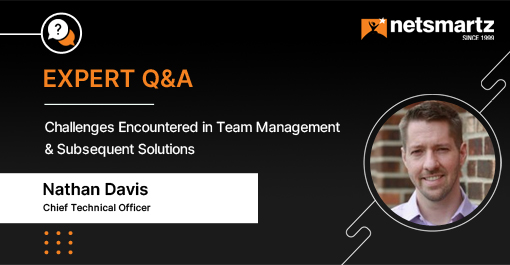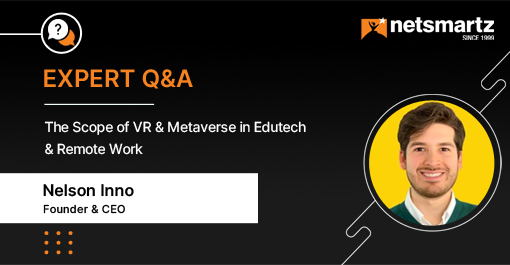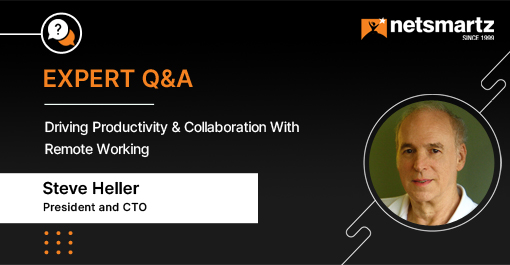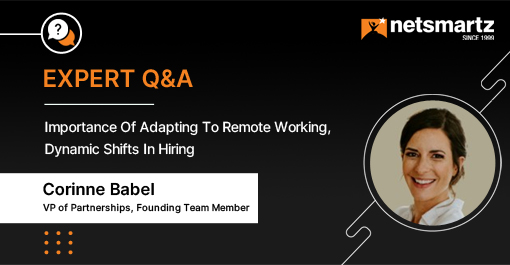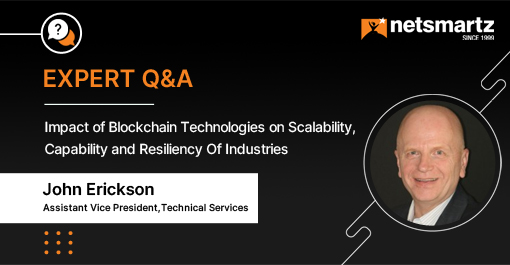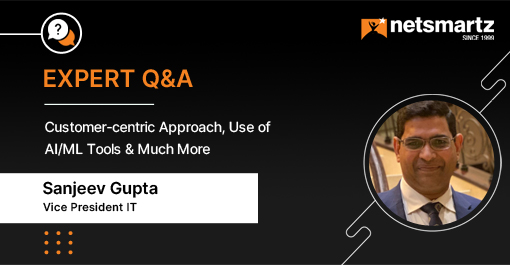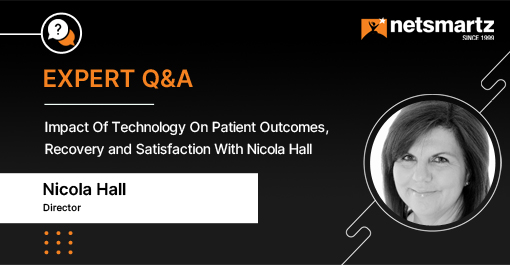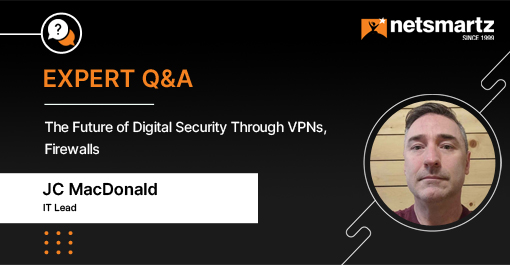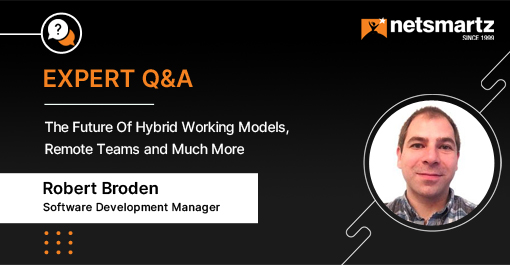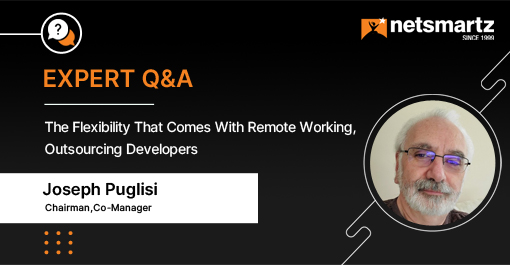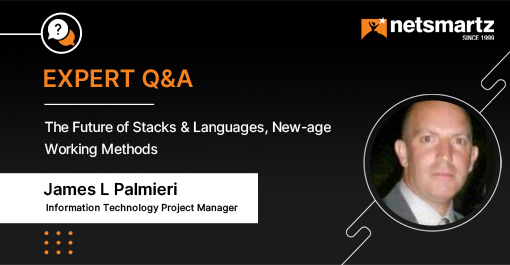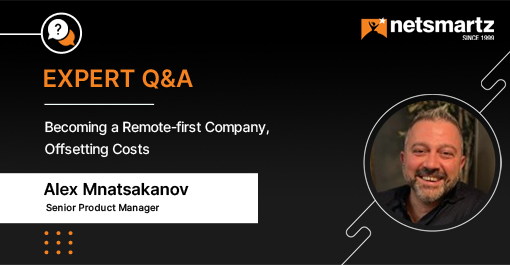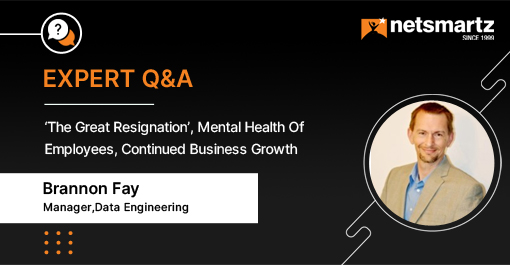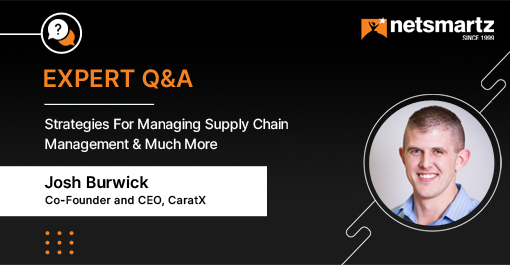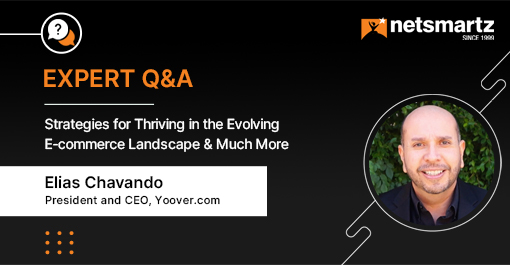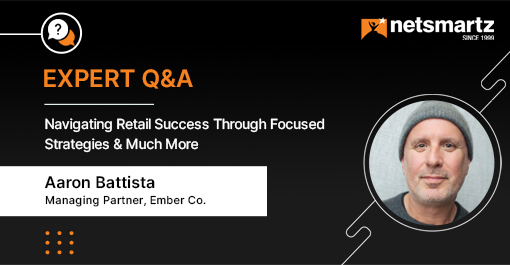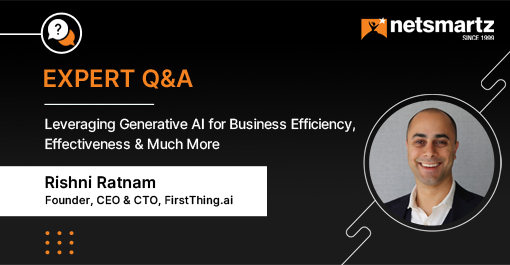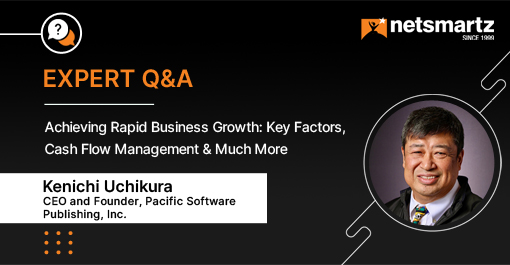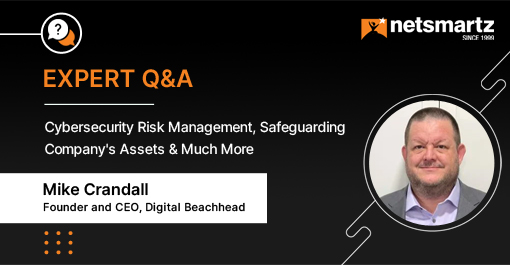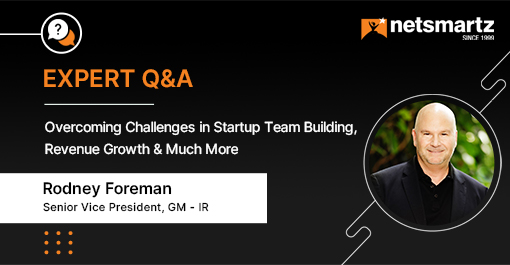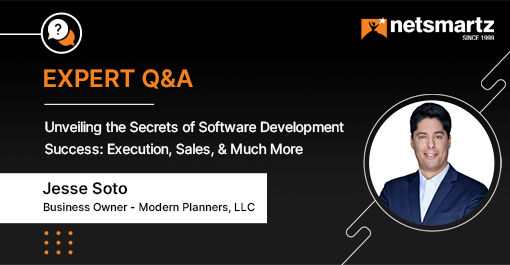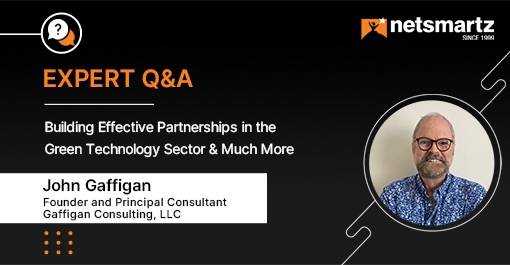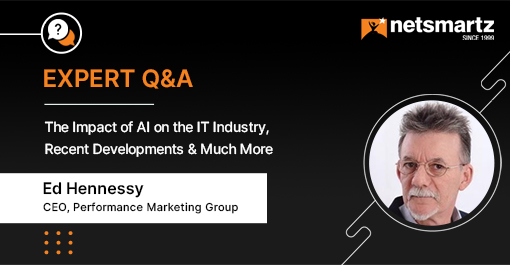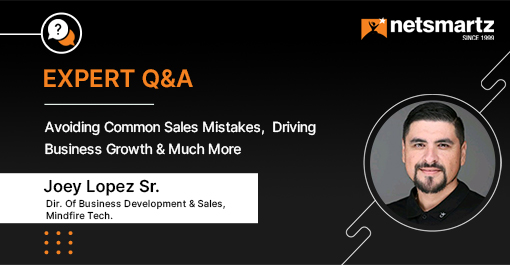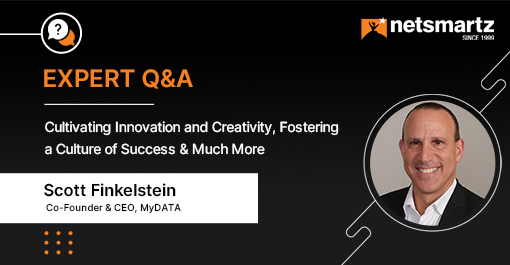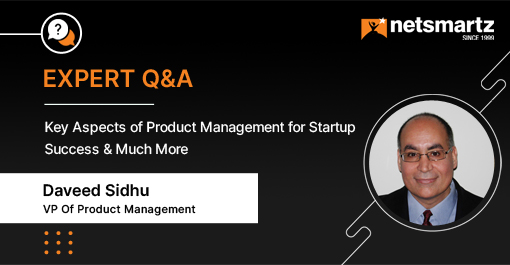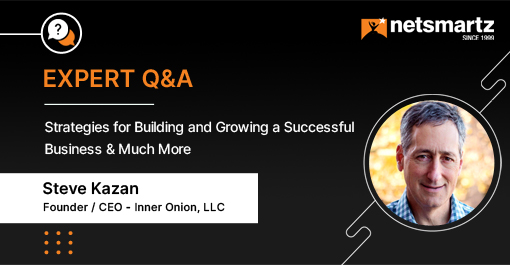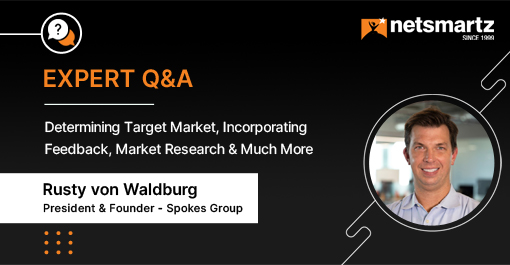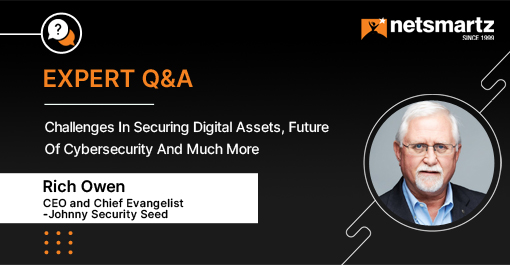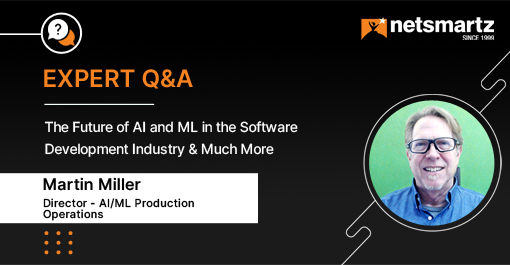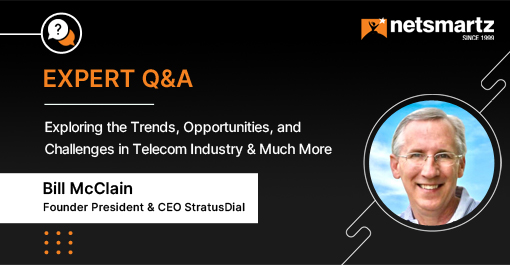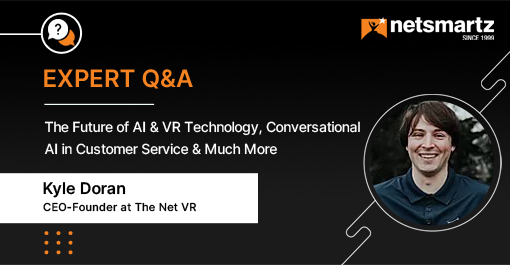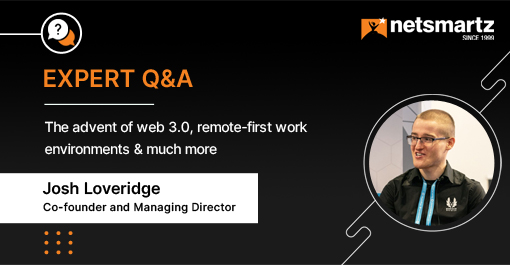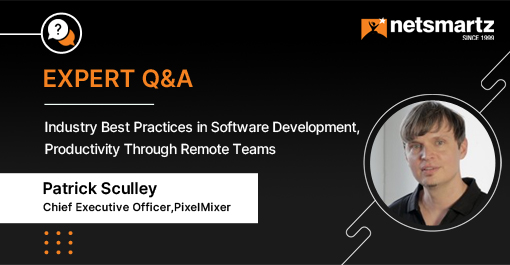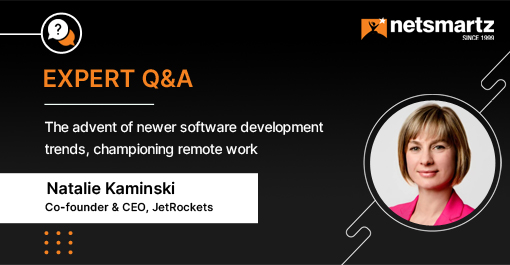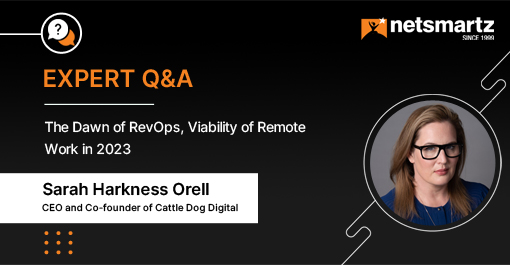Breaking The Glass Ceiling With Quantum Computing
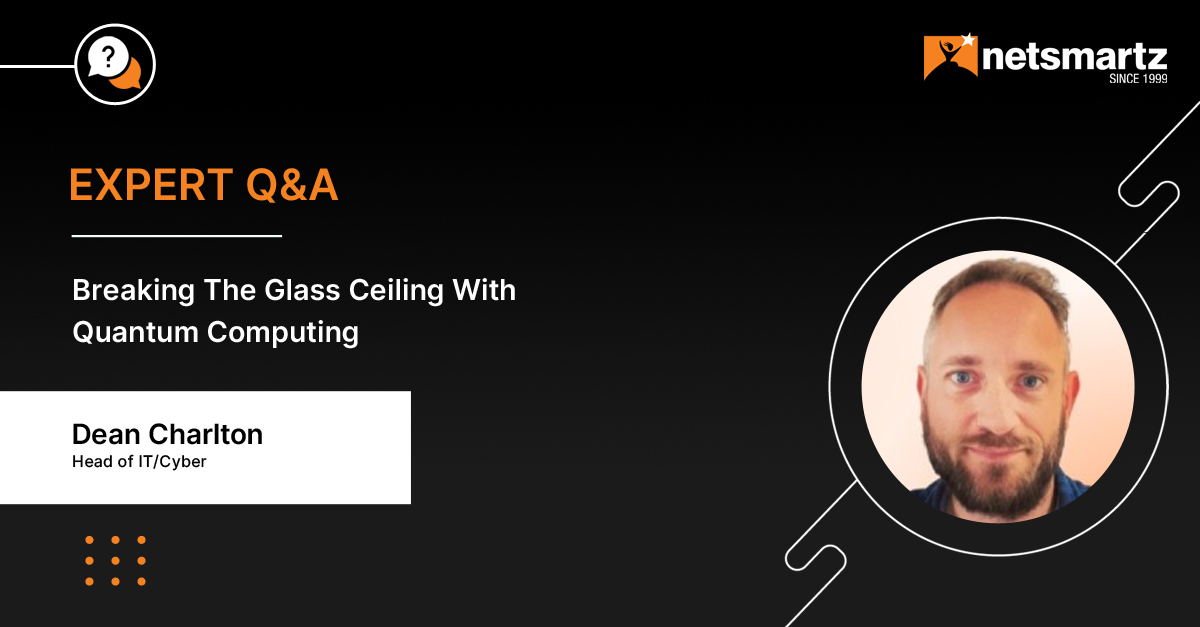
From quantum computing to machine learning and artificial intelligence, there’s a lot that can change the face of regular industries with advancements in technology.
We got in touch with Dean Charlton, a managing consultant at Alexander Lyons US, to know his take on quantum computing, collaboration with distributed teams and boosted productivity through remote working.
Want to contribute to our expert insights?
 About Dean Charlton
About Dean Charlton
A dynamic, adaptive and resilient management professional with an authentic approach, Dean Charlton has a personal interest in the Technology, Quantum Computing, Cloud, AI and Cyber Security sectors. He is an advocate of sharing new ideas and championing innovation with an abundance of energy and enthusiasm in all aspects of life. He’s always continuing to learn and expand his knowledge in all things technical, keeping a focus on the next big thing.
1. As a Managing Consultant, and a thought leader in the industry, how do you see the Technology evolving in regular industries?
Technology as we know it is always advancing and with the future of quantum computing, IoT, Machine learning and Artificial Intelligence, the way in which we perceive how things ‘work’ is about to change.
No longer are we constrained by human ability. Computers can calculate, act and learn faster than we can, predicting processes to combat problems that we don’t even know about yet.
Food production, medical advancement, autonomous vehicles, and how we live our lives, are a few examples of how our world will look unrecognizable in 20-30 years.
2. What exciting project are you working on in that regard?
Working with companies on the cutting edge of quantum computing is producing its own advancement within technology and information security.
The process in which we’ve encrypted our data and the only way we’ve known, becomes replaceable with quantum encryption, pushing companies into changing their process through necessity.
In addition, semiconductors are now so small, that 50 billion transistors can fit on the size of a fingernail, this can only mean that manufacturers are looking for new solutions to keep the technology sector advancing.
3. We see you are talking about the Future Of Security In The Post Quantum Era – do you see it being sustained? What are some challenges you consider for it to be the new paradigm?
We’re at a breaking point in quantum technology, with governments and global research companies pushing the advancement and practical use of quantum for real-world application usage.
RSA encryption as we know it has always relied on computers taking too long to solve large calculations. If we remove this problem, how do ensure our information is safe? The only way is to invest now in new solutions and technology before quantum is mainstream and completely rethink security as we know it.
I don’t think anyone can say what the new ‘normal’ looks like yet in regards to security.
Quantum is a new way of thinking, as much as it is new tech. So cost, application usage and manufacturing advancements need to happen before we find that solution.
It’s not that long ago when computers were the size of buildings. Computer chips can’t get any smaller now, so how do we increase efficiency and output? That’s the next stage development companies need to work out.
4. Do you think distributed teams can bring that level of collaboration and competence?
Personally, I believe technology has enabled us to collaborate more than ever, even if we’re distributed across the world.
Video conferencing has become mainstream, the introduction of the metaverse throughout businesses and Microsoft’s HoloLens being used to change the face of the industry, are just a few examples of how we’re combatting the challenges of remote teams.
There are, of course, limitations to everyone having access to this tech and you could argue, therefore is it limiting competence and collaboration from everyone.
This really is dependent on industry and preference.
5. What is your take on Productivity and performance that Remote teams can bring? What is your experience in this regard?
If done right, remote working promotes high performance and productivity. Think of it this way – if you’re saving people two hours from their commute, you’re also saving them two hours worth of financial, physical, and mental energy which could potentially take away from their focus that day; if you run a remote office, you don’t have to limit yourself to recruiting within a specific radius or spending on relocation; a hybrid office allows you to put in hotdesking policies which benefit your overheads as well as the employees.
Alexander Lyons Solutions has been remote since the very beginning, and we all benefit from it. I only have to go to the London office when I want to, which means spending more time on things without having to think, “Oh, I’ve got to get on the train in 30 minutes.” Does it mean having to remind myself to switch off sometimes at the end of the day? Probably. But it’s well worth it.
 Wrapping Up
Wrapping Up
Through Dean’s insightful answers, we’ve got a glimpse into what the future holds in terms of quantum computing, artificial intelligence and remote working. We hope you found this QnA helpful and insightful.
Are You An Influencer?
Make Your Mark as a Thought Leader
We invite industry influencers to participate in our Q&A panel, offering the audience valuable insight into cutting-edge technology trends, platforms, and more.





